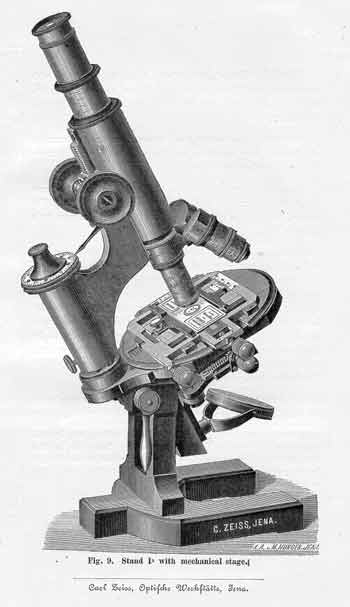
| Publications > Papers |
 |
Ernst Abbe's Scientific Management: Theoretical Insights from a 19th Century Dynamic Capabilities Approach
By Guido Buenstorf & Johann Peter Murmann Industral and Corporate Change, 2005, 14(4):543-578. Winner of the 2006 K. William Kapp Prize |
| Abstact:
"Scientific management" is the label Frederick
Taylor attached to the system of shop-floor management devised by
him. In this article, we present our discovery of very different "scientific"
management principles that, roughly concurrently with Taylorism, were
developed by German physicist-manager Ernst Abbe and that are codified
in the statutes of the Carl Zeiss foundation created by Abbe. They
exhibit striking parallels to Resource- and Capability-Based Theories
of the Firm, and indicate managerial challenges that warrant further
theoretical elaboration. Abbe develops an account for managing a science-based
firm and securing its long-term competitiveness, giving detailed prescriptions
with regard to the type and scope of a firm's activities, its organizational
setup, and its labor relations. We highlight some of the most characteristic
features of Abbe's thought, discuss its effects on the development
of the firms owned by the Zeiss foundation, and compare it to and
draw out implications for present-day management theory. Keywords: Resource-based theory of the firm, dynamic capabilities, scientific management, sustainable competitiveness, corporate governance JEL Classifications: B19, J50, L20, M10 |
|
|
|
Books
|